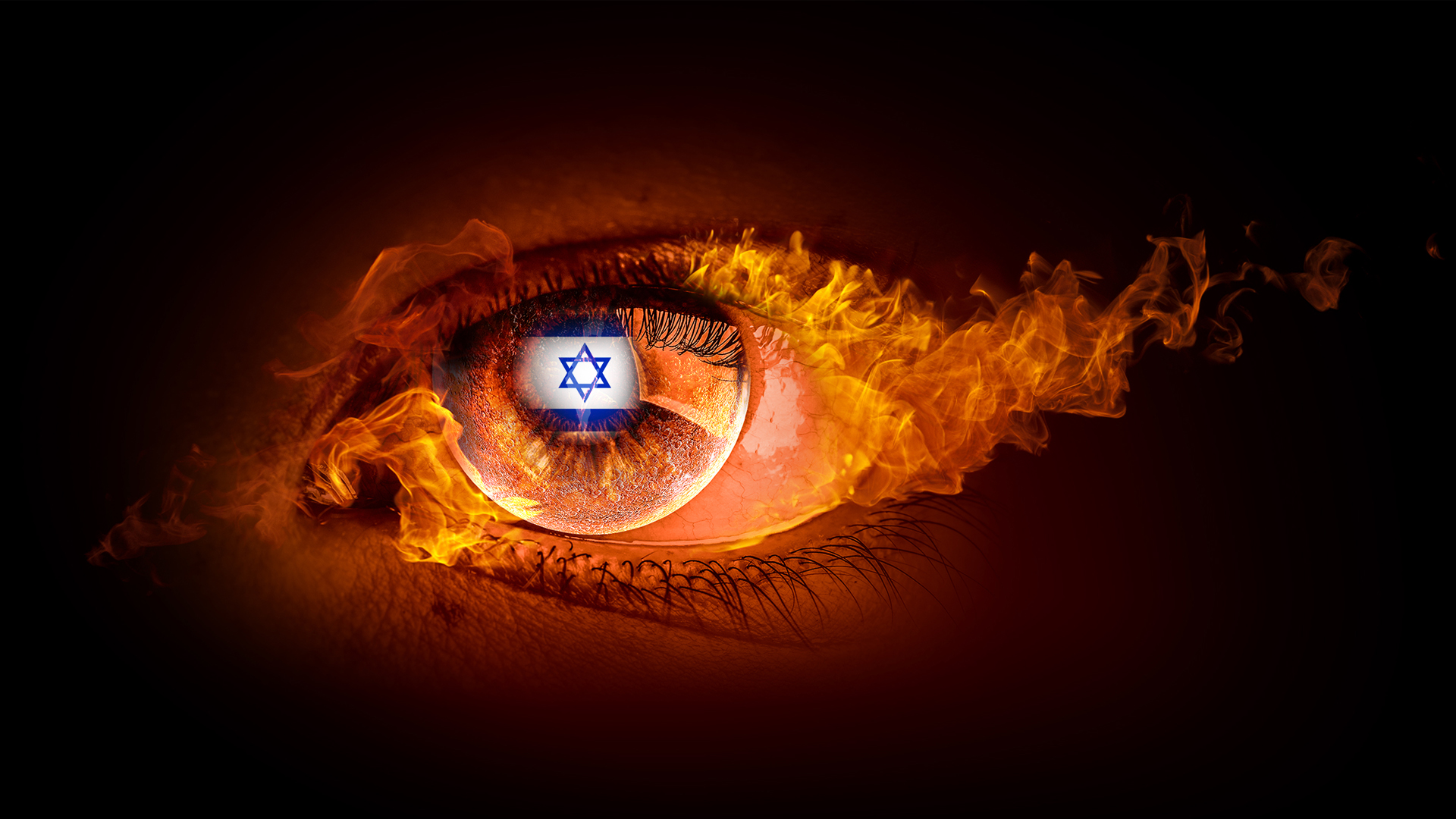Last Friday, Jews in Israel and around the world celebrated Rosh Hashanah, the start of a New Year on the Jewish calendar. The festival marks the beginning of a very special and holy time known as the High Holy Days: Rosh HaShanah (also called Yom Teruah – Feast of Trumpets), Yom Kippur (Day of Atonement, the holiest day on the Jewish calendar) and Sukkot (Feast of Tabernacles or Booths).
These feasts and fasts are called ‘moadim’ in Hebrew, meaning appointed times. The Book of Leviticus in the Torah specifies the reason for each of these appointed times, when they were to be kept, and how they were to be celebrated.
Although many, including Christians, consider these holidays to be Jewish, they’re in fact God’s holy days and festivals. Like all other ‘Feasts of the Lord’, they’re full of significance and meaning for us today, and provides a prophetic glimpse of what’s to come.
This year, Rosh Hashanah happens to fall on my birthday week, which makes it extra special for me personally. Coincidentally, I decided to pick up the shofar someone had given me many years ago and take up lessons in blowing it.
I learnt that the shofar is sounded before and during the High Holy Days, and holds spiritual significance throughout the Bible, as for us today.
Trumpets in Biblical times were either made from rams’ horns (shofars) or from silver, and could be blown for different purposes:
- Time to pack up camp and move on, when the Israelites were traveling in the desert;
- Time to gather the people and call for an assembly;
- To mark a sacrifice on a feast day;
- A warning of war or danger;
- To praise and worship God;
- To declare a procession or feast;
- Proclaiming a king;
- Assembling the troops for battle;
- To be used in battle;
- To declare victory.
It can be the sound of worship or a battle cry, a practical device for the 12 tribes on the march, or markers of special days and times of celebration.
The sound of the trumpet also has other connotations in the New Testament:
- Declare the Lord’s return (1 Corinthians 15:52, 1 Thessalonians 4:16);
- Gather God’s people to Himself (Matthew 24:31);
- The latter day judgements (Revelation 8:2 and 13);
- Declaring the establishment of God’s Kingdom (Revelation 11:15).
The shofar signals the sacrifice for atonement which Jesus has fulfilled. It conveys the preaching of the Word and victory over death. The sacrfice has been paid, the battle has been won. We can freely enter into His precious rest and feast with the God of Abraham, Isaac and Jacob. Now that’s worth trumpeting about!
We do not have to wait for the sounding of shofar during the High Holy Days. A well-known and greatly respected Jewish sage of the Middle Ages, Maimonides, likened the sound of the shofar to an alarm call that awakens us –
“Sleepers, arise from your slumber, and those who are dozing, awake from your lethargy. Review your actions, repent from your sins, and remember your Creator!”
Likewise, the apostle Paul exhorts us to wake from our spiritual slumber and make the most of our time by loving and following God with all our heart, soul, mind and strength, rather than chasing empty or frivolous pursuits.
Are you hearing the sound of His Word and Spirit today? If not, I pray that you’ll be awakened by the sounding of His shofars at the upcoming Feast of Tabernacles celebration coming soon in Oct!










